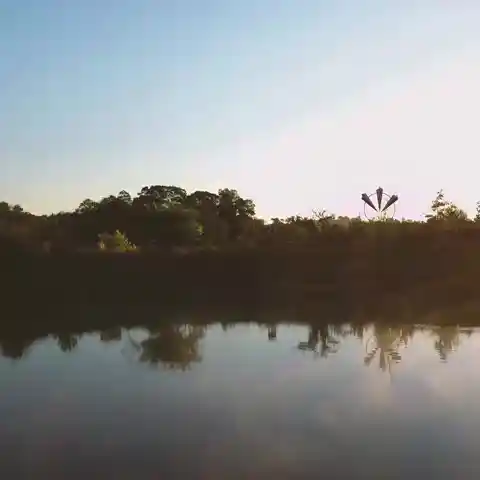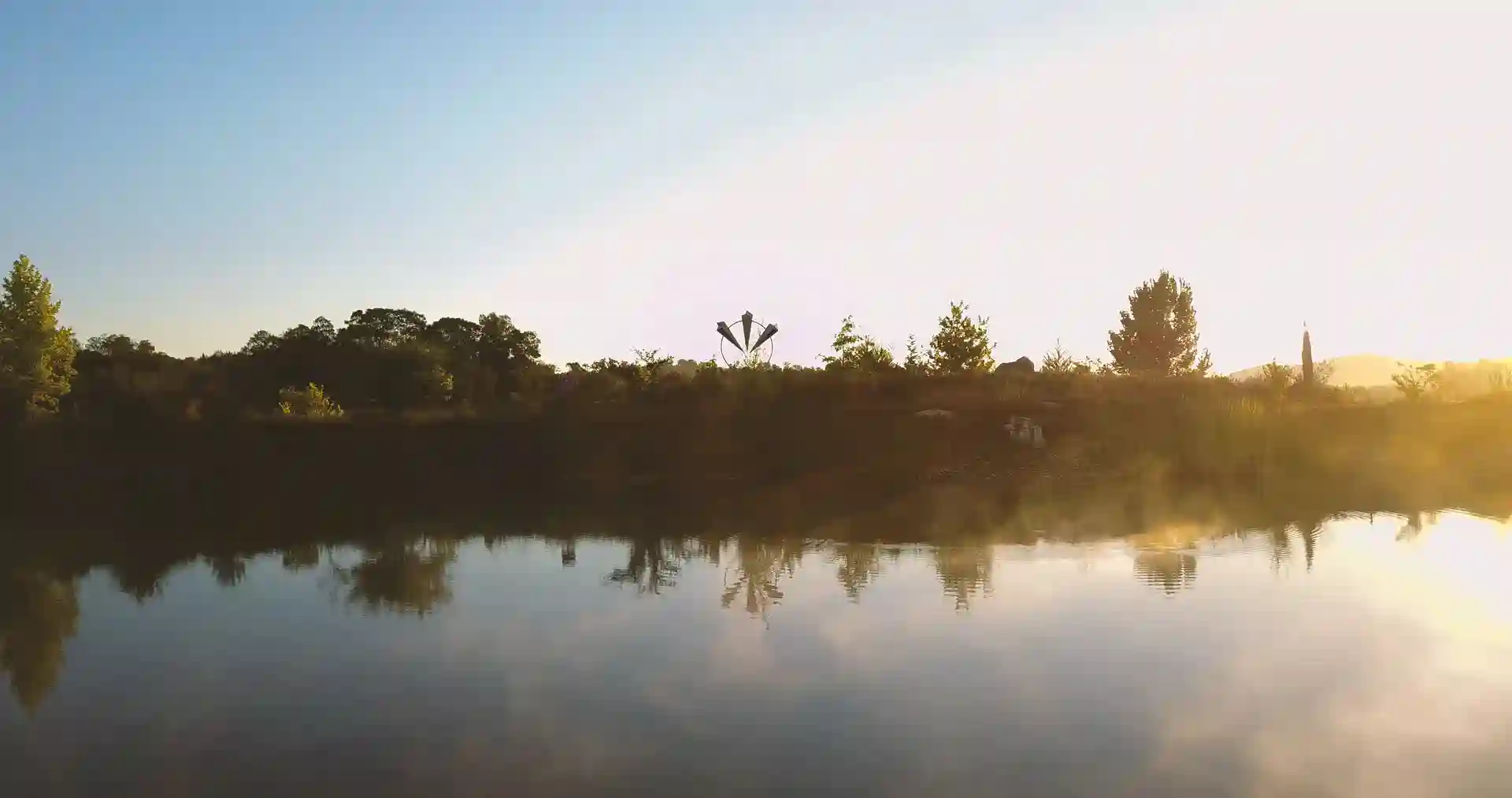Nursery and Kindergarten
At our Children’s Place, we run a nursery in which our small children can freely explore the world and each other and remain in the universal state of consciousness they come to Earth in. We follow the Pikler principles of free movement, which encourage independent activity. In our kindergarten, children find an open learning space in which they can playfully learn languages, social skills, make art and approach reading, writing and math.
Vision
Children are cosmic beings who come on an eternal soul journey from a universal space of consciousness, bringing knowledge and memories. Accompanying them in their first years in this life, we must make sure children can remain in this universal realm, retain their memory, freely explore the world and develop contact with plants, animals and humans in a space free of fear.
At our Children’s Place, we run a nursery for children between five months and 2.5 years old. Inspired by the Pikler approach, we practice naturally paced motor development, free movement and uninterrupted play. The nursery is run by adults who don’t give the children tasks, but who do their own work near the children. The children are out in nature and can discover plants, water, light and each other. Additionally, there’s a space inside where they can play, sleep, cuddle together. We offer the children space to explore the world without entangling themselves in the patterns of the adults. Whether and when a child fits in the nursery isn’t a matter of their age alone, but of their stage of development and of their own joy and willingness to join.
The Kindergarten is a parents’ initiative and follows the same principles as the Escola da Esperança. It’s an open learning space accompanied by a professional learning companion where children can playfully learn according to what they’re most motivated by.
Our Children:
- discover the world, the plants and animals
- learn languages like Portuguese, English and German
- make art
- live together as group
- resolve conflict in “Furorium,” their own version of Forum.
- learn in a prepared environment, designed in line with Montessori principles, so they playfully approach reading and writing and get to know numbers.
They then move seamlessly into the Escola da Esperança to continue their learning journey.
Short documentary produced by Tamera Media in May 2018
What We Do
To protect their natural state of connectedness with life, we must make sure that children aren’t fixated or dependent on us. We need to learn to really see children before we automatically interfere with their space. For example, adults like to have friendly smiles from children. If they don’t smile, it’s usually hard for adults not to demand it in some way. Instead, we must learn to accept that the child in front of us is a person without a mask who isn’t yet conditioned to react with certain patterns to other people; to learn to see what the child needs and to differentiate this from our own wish for contact.

